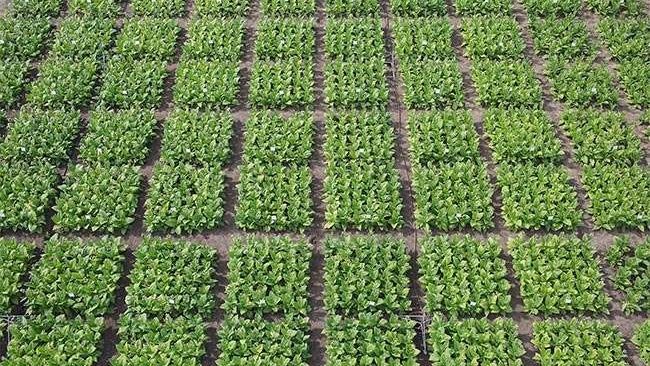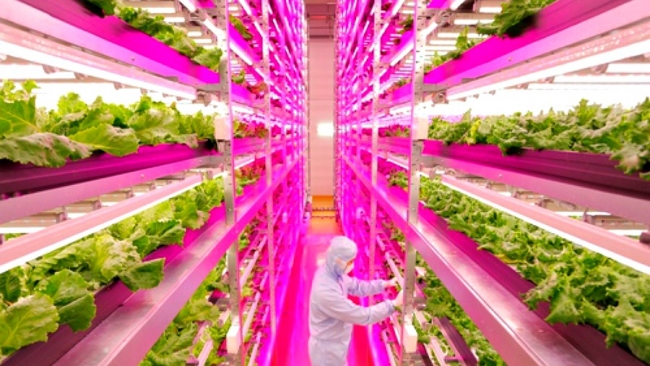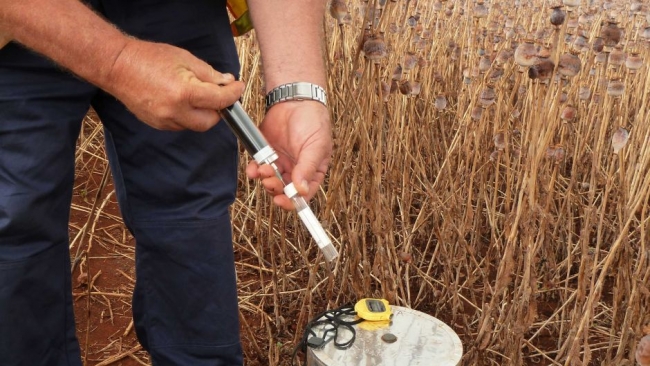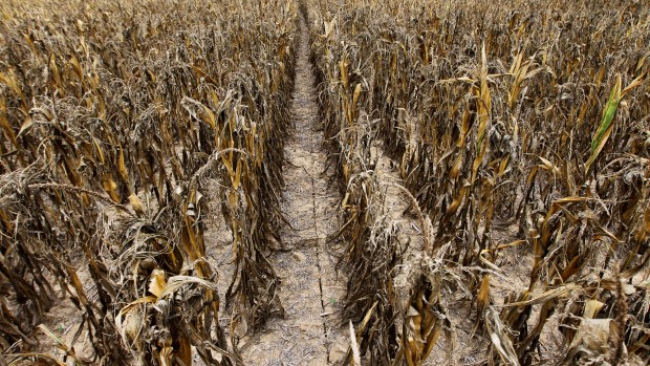With Climate Change, Organic Agriculture Could Outperform Conventional Agriculture
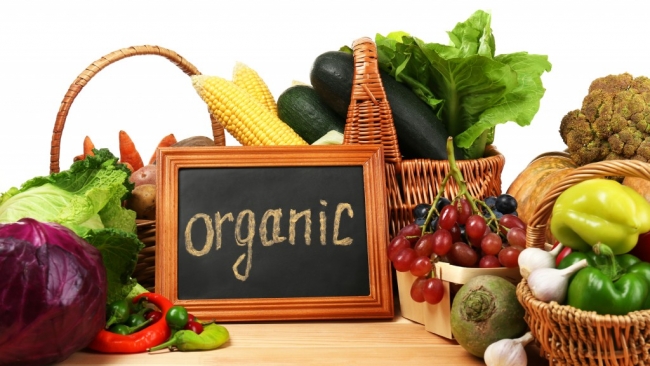
There are some questions so vast, so perplexing, that it seems humanity might never have a concrete answer one way or the other. If a tree falls in the forest and no one is around to hear it, does it make a sound? Why did the chicken cross the road? Will organic agriculture ever be able to fully feed the planet’s growing population?
One of the biggest knocks against organic agriculture that is that it can often mean reduced yields — and all the sustainable advantages of organic agriculture mean nothing if it can’t produce enough food to sustain human life. For years, studies have volleyed back and forth on the topic, proving by turns that organic agriculture would fail to feed the world, or that organic agriculture can produce yields competitive with conventional agriculture.
Now, a new study published recently in the journal Nature Plants takes the debate one step further, arguing not only that organic agriculture could feed the world, but that it might actually be a more efficient method of farming as climate change worsens.
The analysis, conducted by researchers at Washington State University, looked at organic farming as it relates to four main pillars of sustainability, as defined by the National Academy of Sciences: productivity, economics, environment, and community well-being. Researchers surveyed over 40 years’ worth of studies comparing organic farming to conventional farming, and looked at how each practice contributed to a particular tenant of sustainability.
Right now, only one percent of global cropland land is organic, meaning that even a hybrid model that combines organic and conventional agriculture would require major shifts in the global agricultural system. Switching over to organic agriculture requires farmers to cross a number of hurdles, from obtaining an expensive certification to struggling with a lack of infrastructure aimed at helping them bring their goods to market.
Bhutan, a tiny mountain nation located between India and China, has pledged to become the first country to go 100 percent organic, hoping to make the transition by 2020. But Bhutan only supports a population of about 700,000 people, and imports a great deal of their food. If the United States — or any other large country where the food is grown and produced far from the people that ultimately end up eating it — wanted to switch over to 100 percent organic agriculture, it would mean entirely upending the existing food system, a task that could take decades.
“For a country like Bhutan, there are some things that are a lot easier, because they are a smaller country,†Kristine Nichols, chief scientist at the Rodale Institute, a nonprofit that supports research into organic farming, told ThinkProgress in October. “When you’re looking at a country like the U.S., if we were to go 100 percent organic, more than likely it isn’t going to be an instantaneous process. It’s going to be a transition process.â€
Source: Climate Progress
Fri 12 Feb 2016 at 07:55
